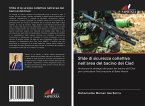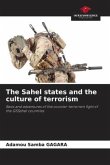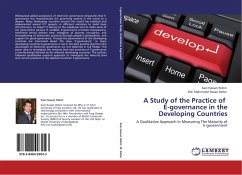Religious-based violence is provoking worldwide anxiety and terror. States around the world, especially in Middle East and North Africa and Sub-Saharan Africa, are facing violent extremism. Violent extremism has become a key security issue and is perceived as an existential security threat to states and individuals. That is the case of Cameroon, Niger, Nigeria and Chad in the Chad Basin area. The Lake Chad basin is facing a major conflict due to the threats of Boko Haram, which claims radical Islam, and identifies with the ISL. This movement appears a threat to the stability of States and the security of a part of their population. Thus, the management of the conflict and the stabilization of the region is about containing the insurgency by convincing the population with an adoption of exceptional measures and a military option discourse. But after three years of military operation conducted through the Multinational Joint Task Force (MNJTF), the conflict is not ending and needs a new approach. This work analyze the choice made by the countries in the Lake Chad Basin for the resolution of the conflict in an environment of security and development challenges.
Bitte wählen Sie Ihr Anliegen aus.
Rechnungen
Retourenschein anfordern
Bestellstatus
Storno








